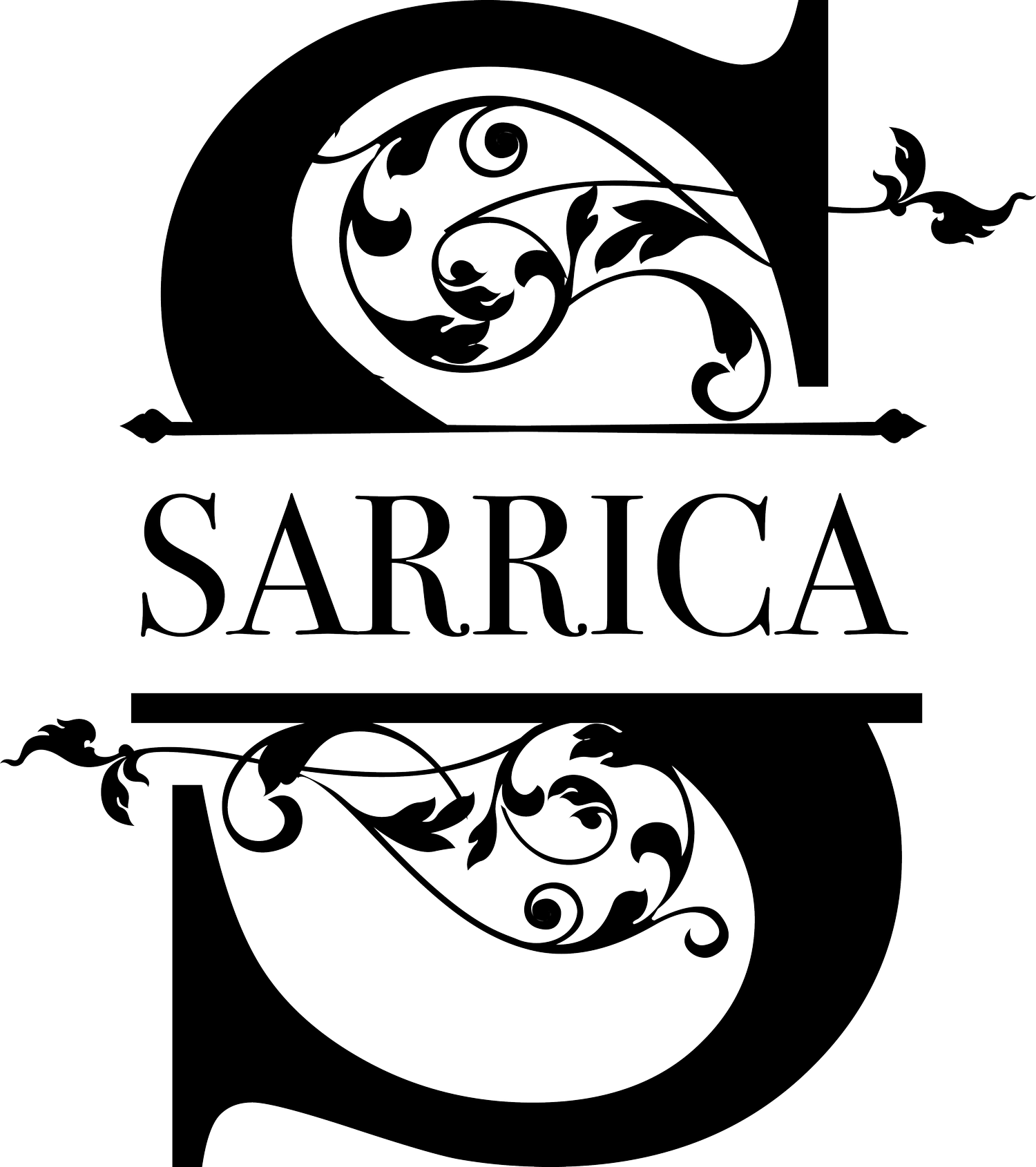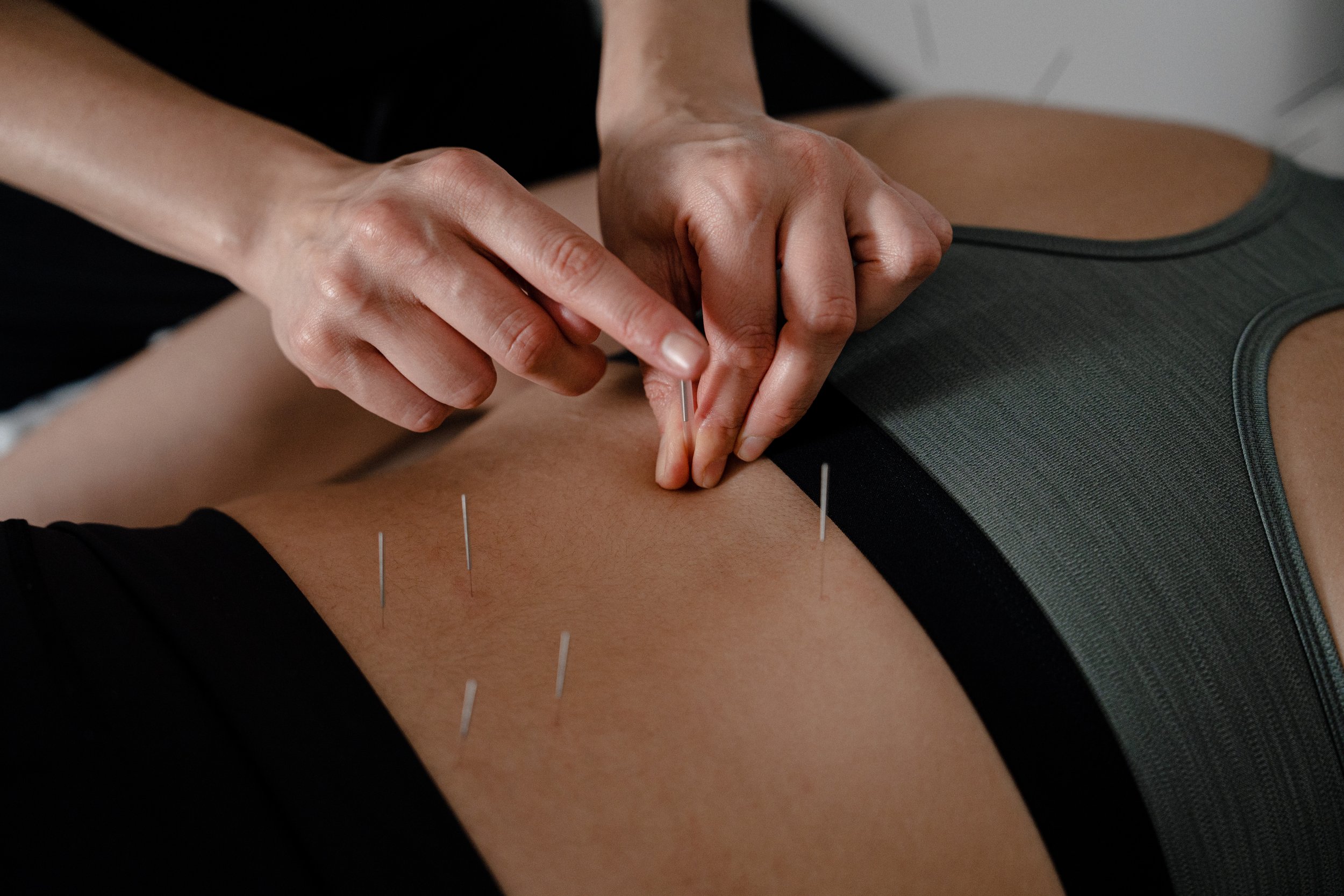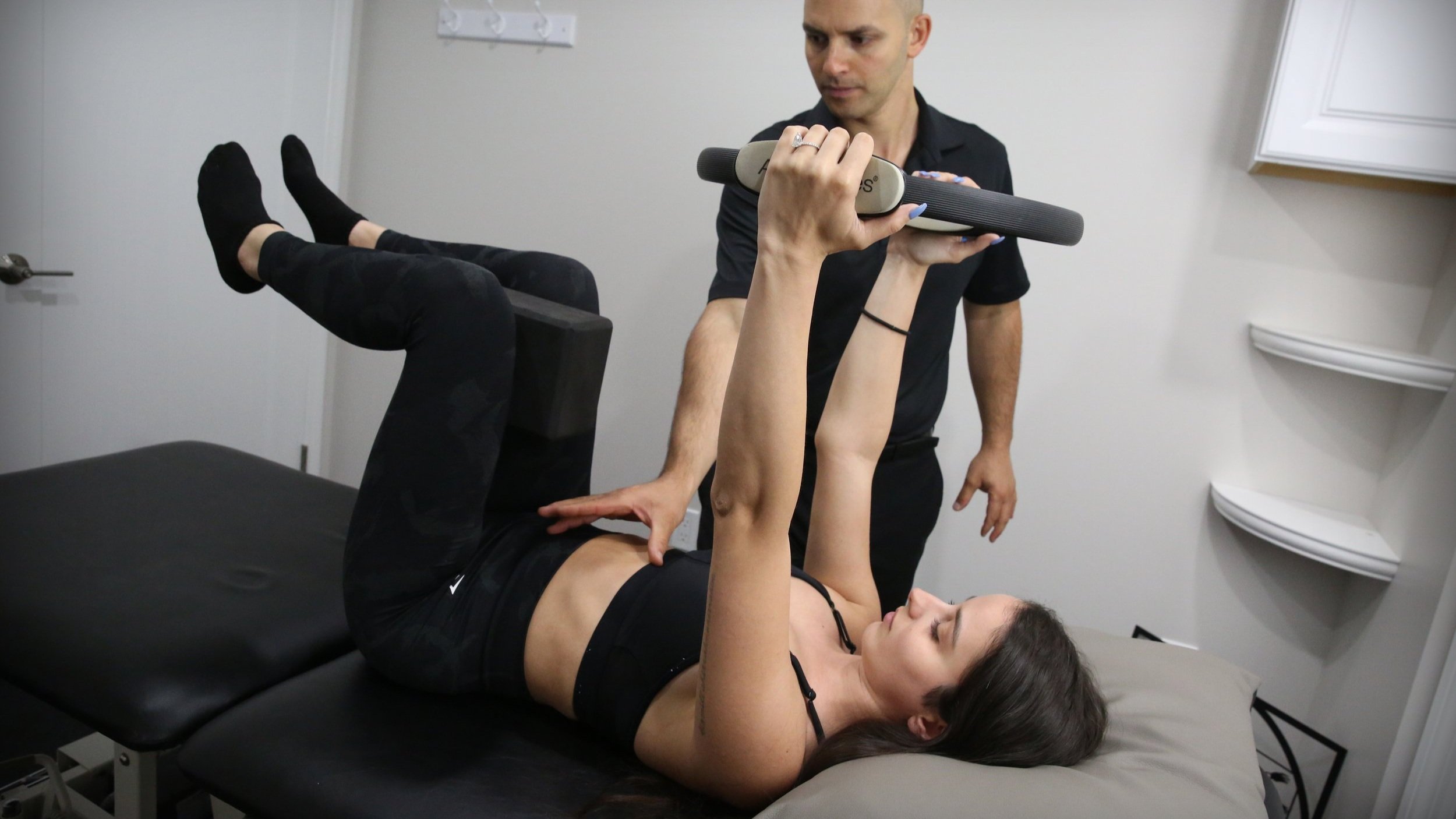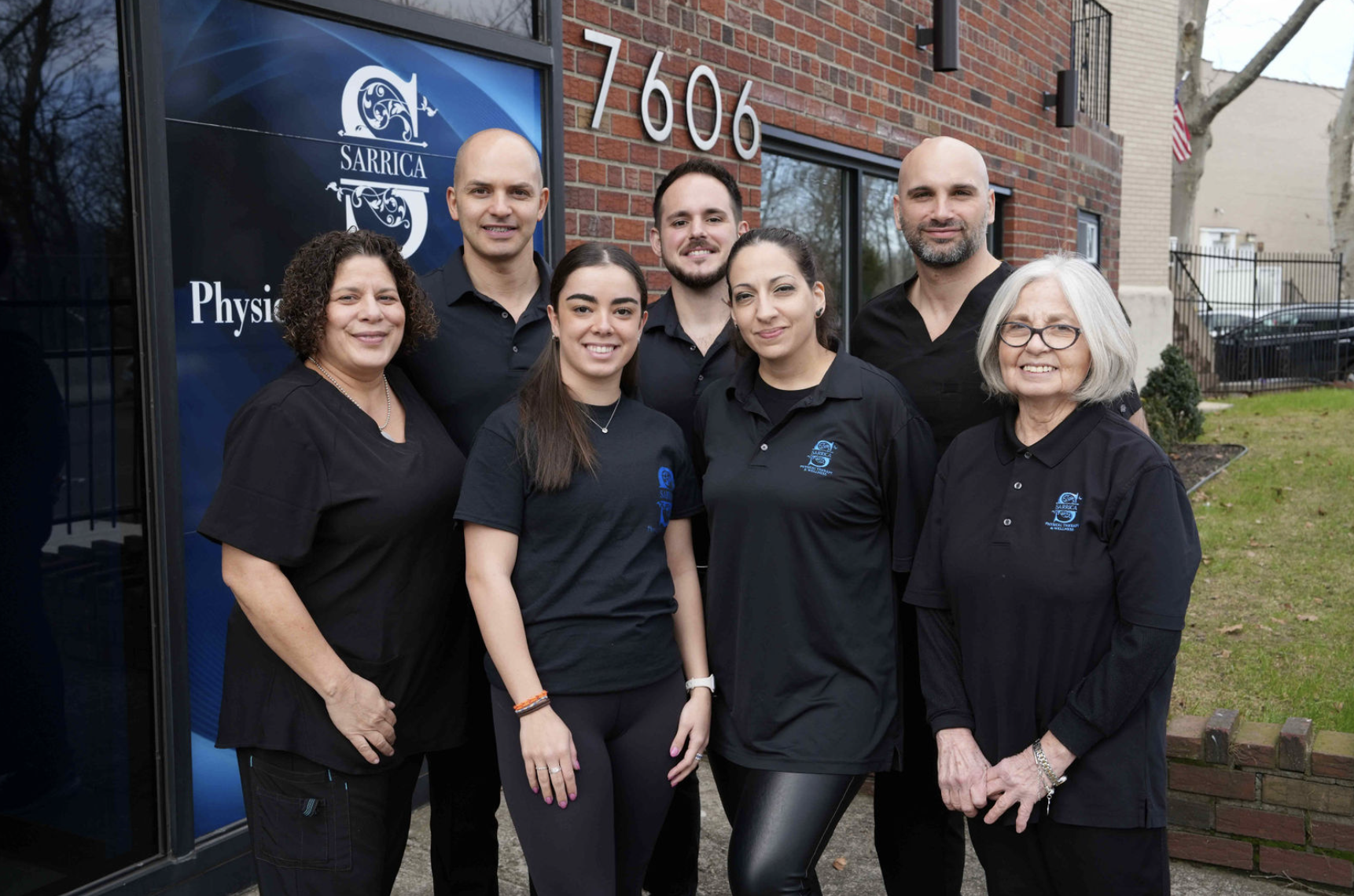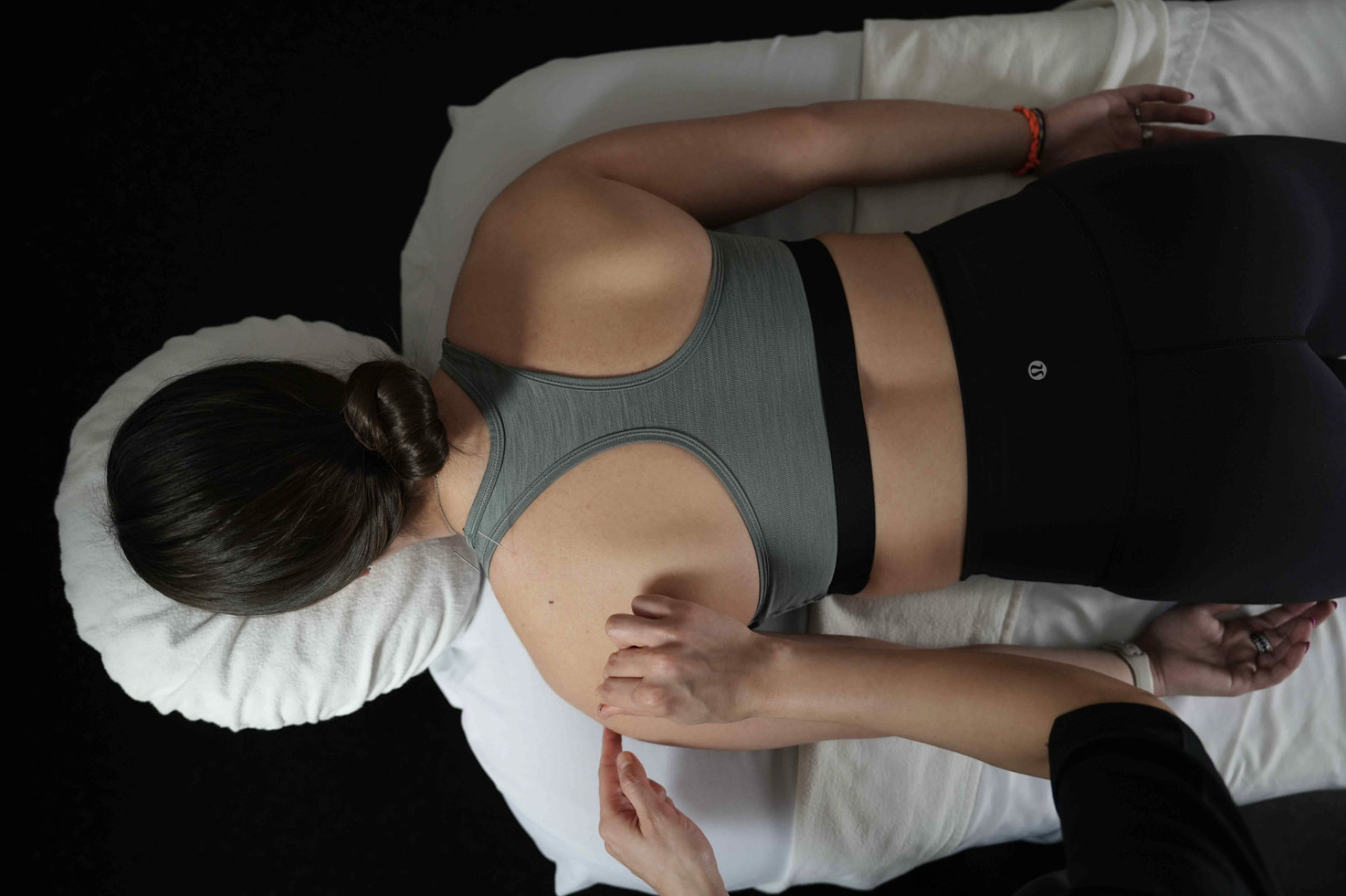The Role of Physical Therapy, Acupuncture, and Massage in Cancer Recovery
A cancer diagnosis is a life-altering event that brings about physical and emotional challenges. In addition to medical treatments, many individuals undergoing cancer recovery find comfort and support in complementary therapies such as physical therapy, acupuncture, and massage. This blog explores the significant role these therapies play in promoting holistic healing at a physical therapist's office.
Physical Therapy and Cancer Recovery
Physical therapy is an integral part of cancer recovery, focusing on improving mobility, strength, and overall physical function. Oncology-trained physical therapists work closely with individuals to address specific challenges brought about by cancer and its treatments.
Key aspects of physical therapy in cancer recovery include:
Rehabilitation after Surgery
Physical therapists assist individuals post-surgery by designing tailored exercise programs to enhance range of motion, reduce pain, and regain strength.
Managing Fatigue
Cancer-related fatigue is a common side effect of treatments. Physical therapy interventions include energy conservation strategies and targeted exercises to alleviate fatigue and improve endurance.
Lymphedema Management
For individuals dealing with lymphedema (swelling caused by lymphatic system issues), physical therapists employ manual lymphatic drainage and therapeutic exercises to reduce swelling and enhance overall well-being.
Acupuncture in Cancer Care
Acupuncture, an ancient Chinese healing practice, has gained recognition for its role in cancer care.
Many cancer patients turn to acupuncture for the following benefits:
Pain Management
Acupuncture is known to alleviate cancer-related pain and discomfort through the insertion of thin needles at specific points, promoting the body's natural healing mechanisms.
Reduction of Treatment Side Effects
Acupuncture can help mitigate the side effects of cancer treatments such as nausea, fatigue, and neuropathy, enhancing the overall quality of life during recovery.
Emotional Support
The holistic nature of acupuncture extends to emotional well-being. Many individuals find relief from anxiety and stress through acupuncture sessions, fostering a sense of calm and balance.
Massage Therapy for Comfort and Healing
Massage therapy plays a crucial role in cancer recovery by addressing both physical and emotional needs.
The benefits of incorporating massage into a cancer care plan include:
Pain Relief and Muscle Tension Reduction
Massage helps in easing pain and reducing muscle tension, providing comfort to individuals undergoing cancer treatments.
Improved Sleep and Relaxation
Massage therapy promotes relaxation, aiding in better sleep and reducing anxiety, contributing to an enhanced overall sense of well-being.
Enhanced Body Awareness
Massage encourages individuals to reconnect with their bodies, fostering a positive body image and supporting the healing process.
A holistic approach to cancer recovery involves integrating physical therapy, acupuncture, and massage into the care plan. These complementary therapies address not only the physical aspects of recovery but also contribute to emotional well-being. At Sarrica Physical Therapy and Wellness we work with our patients to embrace these holistic approaches and create a supportive environment that aids individuals on their journey to healing and recovery from cancer. For appointments in Brooklyn or Manhattan, please call our physical therapy office at 347-560-6920.
